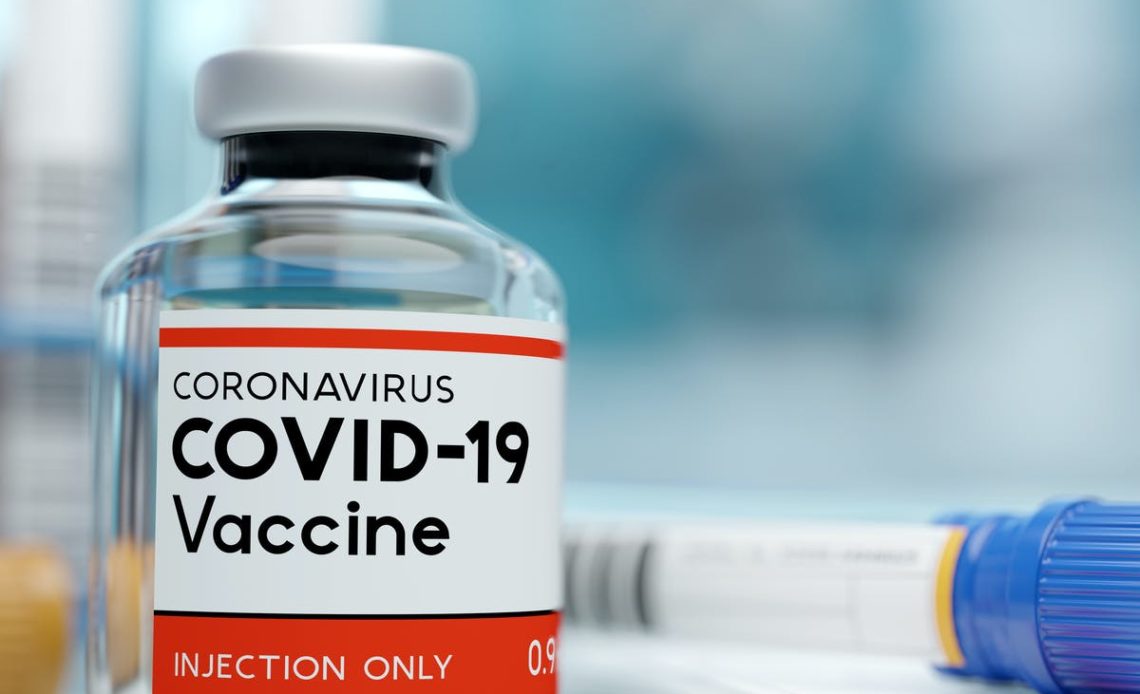Rumbidzai Ngwenya
THE government is set to start a Covid-19 vaccination blitz next week reiterating its calls for citizens to get inoculated to reach herd immunity amid rising infections in the communities.
Addressing a post-Cabinet media briefing in Harare yesterday, Tourism minister Mangaliso Ndhlovu said the majority of the infections were coming from schools with about 600 being detected this week alone.
The national vaccination blitz will kick off on Monday and the government is urging those that have not yet been vaccinated to take advantage of this exercise to do so,” Ndhlovu said.
He said as of yesterday a total of 4 401 450 first doses of the Covid-19 vaccine had been administered, while 3 426 112 people had received their second dose while 159 628 third doses had been administered.
Ndlhovu said this week a total of 606 positive cases were reported in schools as compared to the 517 of last week.
“The nation is being informed that the total number of Covid-19 cases detected in schools since the beginning of the first term increased. The majority of the infected learners (422) were day scholars which is indicative that the infections are from the communities.
“The government is appealing to all Zimbabweans to take the Covid-19 pandemic seriously and as such are required to continue to adhere to the laid down World Health Organisation and national protocols at all times.
“These protocols include the following: the wearing of masks correctly at all times; washing of hands and observing social distance. The citizens are being urged to be on their guard at all times to minimise infections,” he said.
This comes as this week, the country’s chief Covid-19 response coordinator in President Emmerson Mnangagwa’s office Agnes Mahomva told the Daily News that the increasing Covid-19 cases showed that tests were focusing more on schools than from the communities which she said were the infection sources.
“The Omicron is spreading very fast. In the number that we are seeing, the majority has either no symptoms or they are mild.
“We have continued to let the public know through the post-Cabinet briefing that every single week that if you’re looking at the numbers that are recorded in schools, a large percentage; about 60 percent of them are from day schools rather than boarding students. This is basically a true indication that the cases are coming from the communities,” Mahomva said
“We continue having cases in the communities; the only difference is those children who go to school are religiously tested. Our surveillance system in school is very strong and tight.
“We are saying that the numbers we are seeing are telling us that there are a lot of cases. Some do not even show symptoms but because they’re going to school, then they get tested, found positive and isolated in specific isolation facilities”.
Mahomva further said that the country was still battling with the Omicron variant after authorities recently did a dynamic sequencing recently in line with the recent World Health Organisation (WHO) guidance.
“WHO has confirmed that globally it is the Omicron virus that is dominating, so the cases are still going up globally, but in terms of deaths they are going down.
“We need to remain vigilant and continue adhering to those measures; the most important of which now is getting vaccinated. It helps in terms of reducing the disease’s impact,” she said adding, however, that the nation needed to remain calm.
“We have the experience and gone through several waves, no need to panic, but every reason to remain vigilant, as long as we are recording cases; we are not out of the pandemic yet.”
Meanwhile Ndhlovu said as of yesterday, the country’s cumulative Covid-19 cases stood at 243 365, with 232 787 recoveries and 5 417 deaths.
The recovery rate, he said, stood at 95 percent with 5 151 active cases having been recorded while the number of new cases increased to 3 306 during the week under review, compared to 3 234 recorded the previous week.
“The number of people in need of hospitalisation for Covid-19 continues to decrease, with the country’s bed occupancy rate declining to 3.0 percent during the week under review from 3.2 percent the previous week. There were no admissions to the intensive care unit,” Ndlhovu said.

